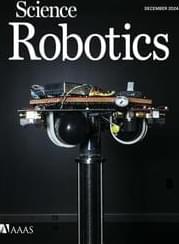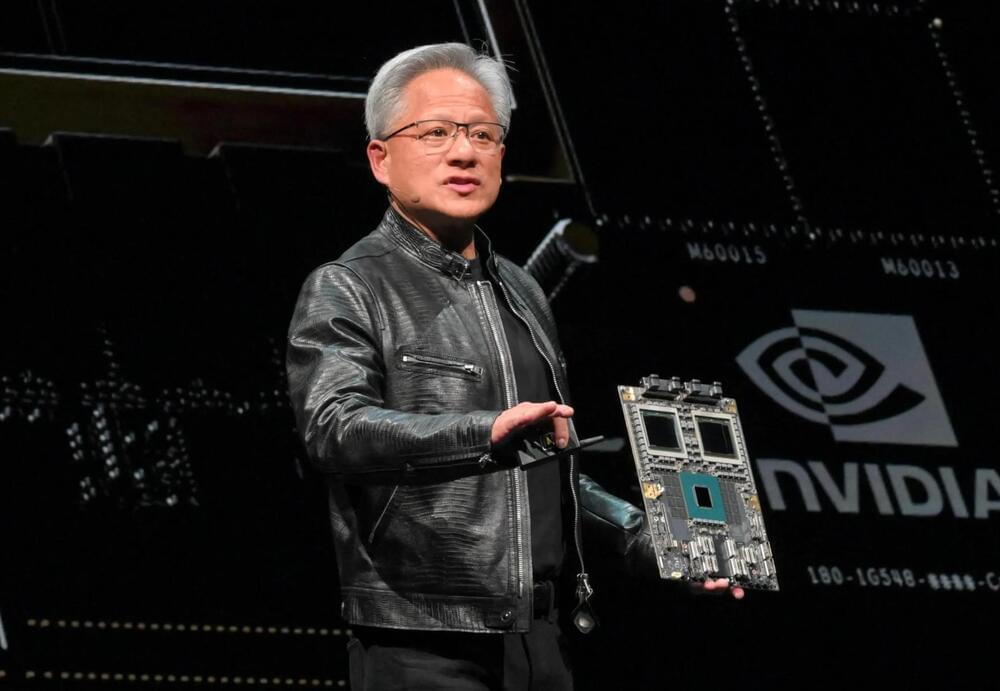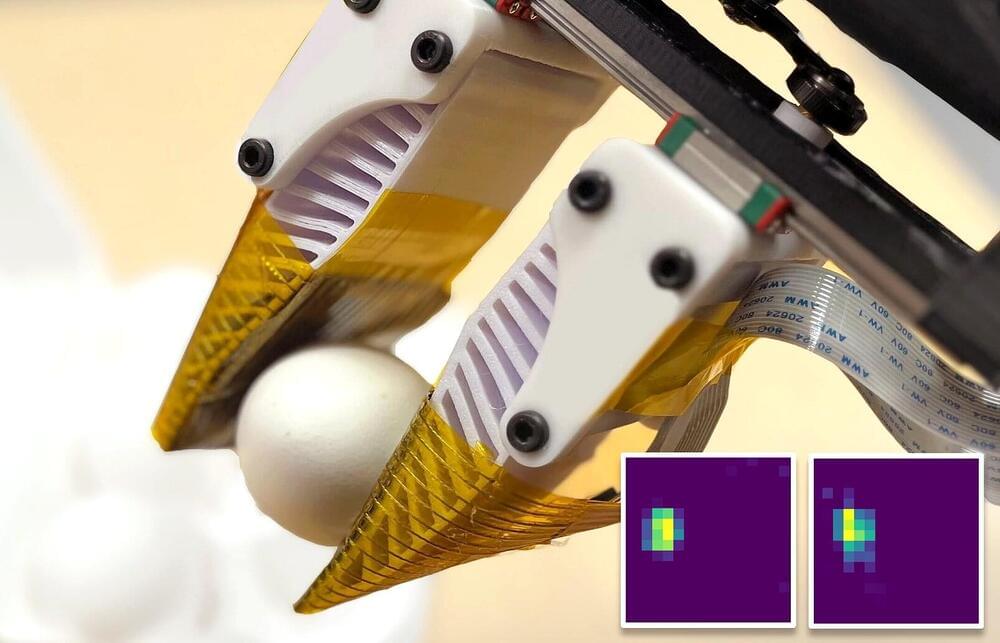This emerging technology report discusses Google Gemini as a multimodal generative AI tool and presents its revolutionary potential for future educational technology. It introduces Gemini and its features, including versatility in processing data from text, image, audio, and video inputs and generating diverse content types. This study discusses recent empirical studies, technology in practice, and the relationship between Gemini technology and the educational landscape. This report further explores Gemini’s relevance for future educational endeavors and practical applications in emerging technologies. Also, it discusses the significant challenges and ethical considerations that must be addressed to ensure its responsible and effective integration into the educational landscape.









